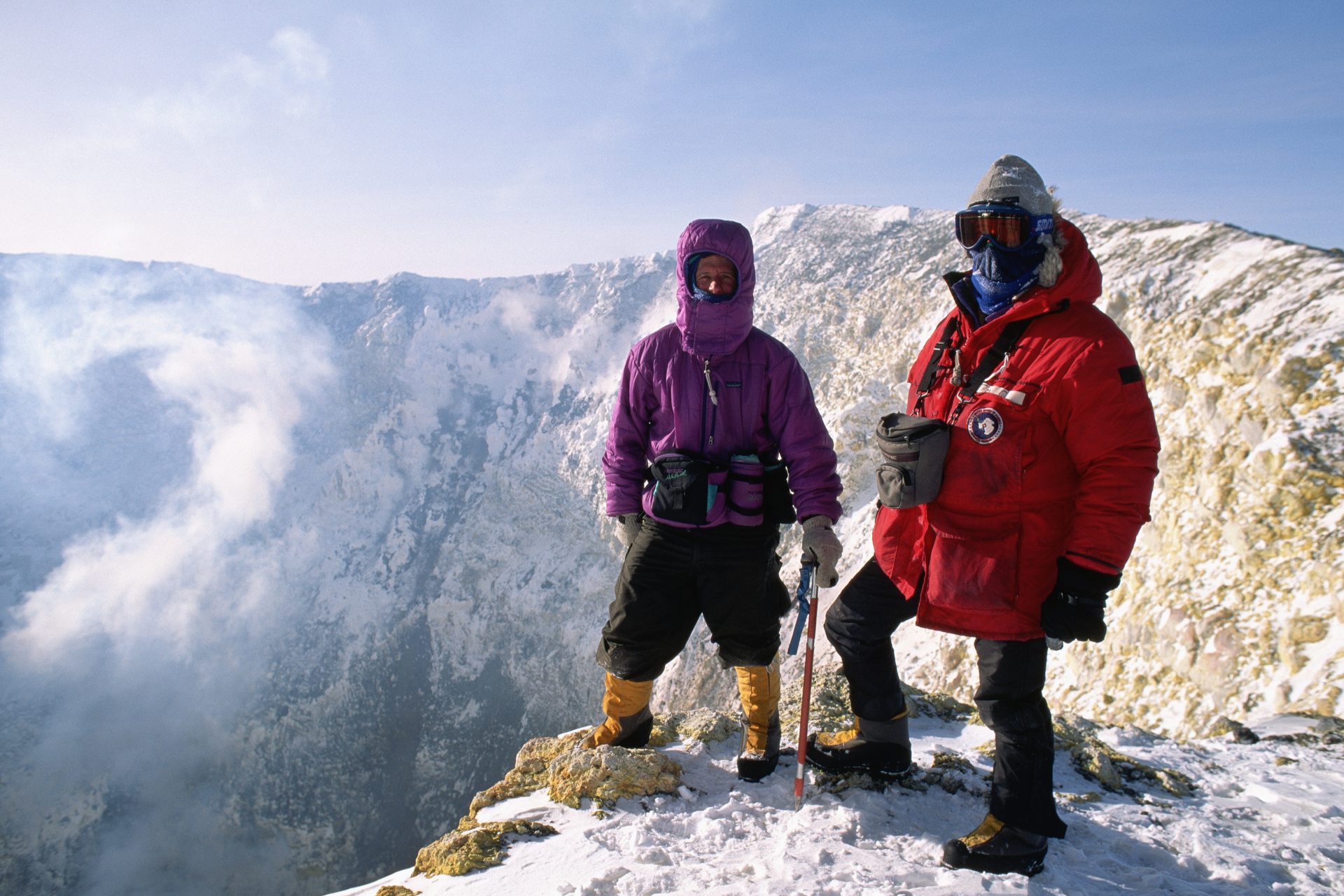The Arctic Sea ice may completely melt by the 2030s, scientists warn
A study published in June 2023 by the scientific journal Nature Communications warns that the Arctic Sea might face a climatic catastrophe sooner than previously thought.
As The New York Times highlights, the first summer that might melt all the floating ice in the Arctic Sea could occur as early as the 2030s.
Previous predictions had put the date around 2050, but even with radical environmental changes addressing climate change, the damage seems to be irreversible.
CNN explains that ice usually builds up in the Arctic during wintertime in the Northern Hemisphere, only to melt away during the summer.
A summer without ice in the Arctic Sea means that it will take longer to build up in colder months, affecting the cycle.
The Guardian, meanwhile, reports that 90% of the melting in the Arctic is caused by human-made climate change and that preparations are necessary for increasing temperatures in the Northern Hemisphere in the following decades.
The study uses research done with satellite records since 1979, showing that summer Arctic ice has shrunk 13% in a decade.
According to The New York Times, the less sea ice there is in the Arctic, the faster it grows warmer.
CNN comments that Arctic Sea ice helps to deflect solar radiation, while the darker tones of the ocean absorb heat.
The consequences of the Arctic Sea ice melting are not limited to the North Pole, it also affects the Greenland ice sheet which, in turn, raises the sea levels around the globe.
This is not even starting by the whole social, economic and political consequences that the effects of climate change affect humanity.
Overall, temperatures in the North Pole have increased four times higher in the Arctic than in the rest of the planet. This is a phenomenon called “Arctic amplification”.
The study, published by Nature Communications under the title ‘Observationally-constrained projections of an ice-free Arctic even under a low emission scenario’, addresses a problem scientists have had while making predictions about climate change.
Usually, scientists depend on studying previously seen patterns and models to make their forecast. However, the pace that Arctic Sea ice is melting is something never seen before and have no point of reference.
“As scientists, we’ve been warning about the loss of Arctic summer sea ice for decades”, said Prof. Dirk Notz to The Guardian. An academic from the University of Hamburg, he’s one of the authors of the Nature Communications study.
Notz warns about what this might bring in the future: “This is now the first major component of the Earth system that we are going to lose because of global warming. People didn’t listen to our warnings”.
More for you
Top Stories





























